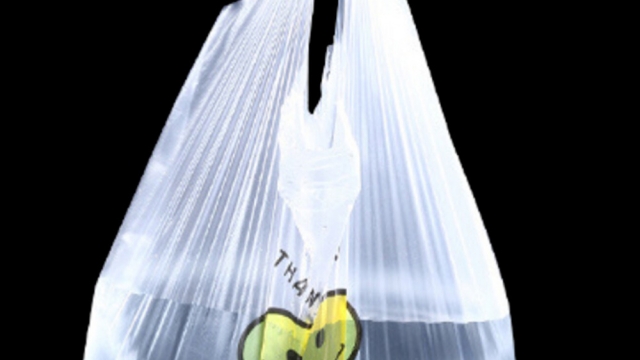
In today’s fast-paced world, plastic shopping bags have become a ubiquitous part of our daily lives. Convenient and lightweight, they offer a quick solution for carrying groceries and clutter from one place to another. However, this convenience comes at a significant hidden cost that many of us may not fully understand. As we continue to rely on these seemingly harmless bags, we must confront the environmental, economic, and social implications associated with their use.
Every year, billions of plastic bags are produced and discarded, creating a staggering amount of waste that contributes to pollution and harms wildlife. Beyond the visible litter, the environmental damage stretches far beyond our immediate surroundings. From the extraction of fossil fuels to the release of harmful toxins during production and degradation, the lifecycle of plastic shopping bags poses serious threats to our planet. As we delve deeper into the issue, it becomes clear that the reliance on plastic shopping bags is a complex dilemma that calls for increased awareness and action.
Environmental Impact
Plastic shopping bags have a significant detrimental effect on the environment. They are made from polyethylene, derived from fossil fuels, which means their production contributes to the depletion of nonrenewable resources and greenhouse gas emissions. The manufacturing process not only consumes energy but also releases pollutants into the air and water, further exacerbating environmental issues.
Moreover, plastic bags are not biodegradable and can take hundreds of years to break down in the environment. As they degrade, they fragment into microplastics, which can infiltrate our soil and waterways, posing a threat to wildlife and ecosystems. Marine life is particularly vulnerable, often mistaking these plastics for food, leading to ingestion and, subsequently, death. The accumulation of plastic bags in oceans and waterways threatens biodiversity and disrupts delicate marine ecosystems.
https://www.armopak.com
In addition to their longevity, the sheer volume of plastic bags produced and discarded annually creates an overwhelming waste management challenge. Many places lack the infrastructure to recycle plastic bags effectively, leading to higher landfill volumes. Even when they are recycled, the processing can be inefficient and costly. As a result, plastic shopping bags have become a significant contributor to the global plastic pollution crisis, prompting calls for more sustainable alternatives and consumer awareness.
Economic Costs
The economic costs associated with plastic shopping bags extend beyond their initial price at the checkout line. While consumers often perceive these bags as free or low-cost options, the broader implications on the economy are significant. The convenience they offer comes at a price, as municipalities and taxpayers bear the burden of waste management. Increased litter and pollution caused by plastic bags require extensive efforts and funding for cleanup, recycling programs, and overall waste management strategies.
Moreover, the impact of plastic shopping bags on the environment can translate into lost economic opportunities. The costs linked to environmental degradation, such as harm to marine life and tourism in affected areas, reflect the hidden expenses lead to declining ecosystems. The fishing and tourism industries, which can suffer significantly from pollution, often find themselves spending more to counteract the effects of plastic waste, ultimately affecting local economies and job markets.
In addition to external costs, the move towards banning or reducing plastic bag usage has created a shift in manufacturing and retail sectors. Many businesses are now reallocating resources to adopt more sustainable alternatives, which may initially seem expensive. However, investing in reusable bags or biodegradable options can lead to long-term savings and new market opportunities. As more consumers become environmentally conscious, the demand for sustainable products is likely to rise, posing both challenges and economic benefits for businesses willing to adapt.
Sustainable Alternatives
As awareness of the environmental impacts of plastic shopping bags grows, many consumers are seeking sustainable alternatives. Reusable bags made from durable materials such as cotton, jute, or recycled plastics are increasingly popular. These bags can be used multiple times, significantly reducing the need for single-use plastics. Furthermore, many are designed to fold up compactly, making them easy to carry in a purse or car, promoting convenience and accessibility.
Another alternative gaining traction is biodegradable bags, which are designed to break down more quickly than traditional plastic bags. Made from materials like cornstarch or other plant-based substances, these bags offer a temporary solution that, while not as long-lasting as reusable options, can help shorten the lifespan of plastic waste. It’s important to note, however, that proper composting conditions are often required for these bags to decompose effectively, which can limit their benefits.
Finally, some retailers have begun implementing bag recycling programs that allow consumers to return used plastic bags for proper disposal. This can help mitigate the impact of plastic on the environment by ensuring bags are recycled rather than ending up in landfills. By supporting such initiatives and choosing sustainable alternatives, consumers can take significant steps toward reducing plastic pollution and fostering a more eco-friendly shopping culture.

